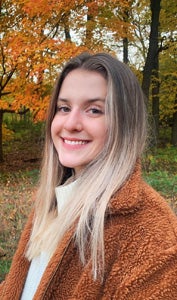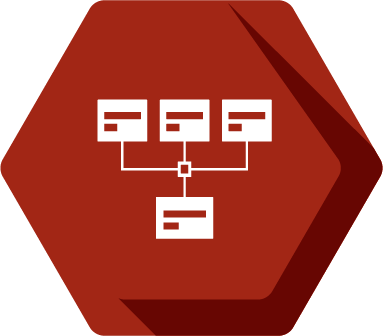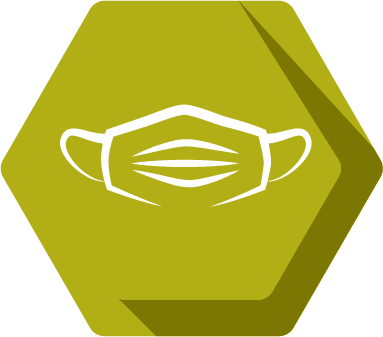Olivia Thomson

Pronouns: she/her/hers
Research Mentor(s): Dr. Nikhil Parekh, National VA Whole Health Educator, VA Ann Arbor Whole Health Director
Research Mentor School/College/Department: VA Ann Arbor Healthcare System,
Presentation Date: Thursday, April 22, 2021
Session: Session 6 (4pm-4:50pm)
Breakout Room: Room 9
Presenter: 2
Abstract
The Veterans Affairs Healthcare System, the largest healthcare system in the United States, has introduced a holistic model of care termed the Whole Health system of care, with a key tool in this system being the Circle of Whole Health model. Veterans at the Veteran’s Affairs (VA) Clinic in Ann Arbor, MI have been very well informed on the Circle of Whole Health, and it has been used to empower Veterans in showing them areas of strength in their lives, as well as areas that need more attention. These areas include social relationships, physical activity, nutrition, and spirituality. With the Circle of Whole Health as a guide, this study, conducted by physicians and researchers at the VA Clinic of Ann Arbor, aims to gather research regarding which/whether holistic care modalities should be implemented in the daily care routines of Veterans including yoga, acupuncture, meditation, light therapy, and diet changes. Veterans themselves represent a very unique patient demographic due to the complexity of past experiences, and this calls for tailored treatment plans for each individual Veteran targeting the areas of their life that need strengthening. In order to gauge which modalities would be the most effective for the Veterans, researchers generated a survey and distributed it to Veterans, their physicians, family members, and other interested parties, along with a consent form outlining the purpose of the survey how the data will be used (a minimum of 25 responses pulling from each of the aforementioned groups). In the survey, for clarity, an explanation of what the modality entails was provided, followed by a series of questions aimed to fully evaluate how helpful the modality could be for the Veteran. At the time of publication of this abstract, the data has been collected and preliminary analysis is in process. Specific, detailed, and final results will be available at the time of the Symposium presentation. As the data from the survey is obtained, researchers analyze the results and compile a list of which modalities resonate the most with the largest number of Veterans, and work with physicians to strategize the best way to implement these modalities into the daily routines of the Veterans, using past research as a foundation of knowledge. This study will inform Veterans at the VA Clinic on every possible option for their care and will allow them to have a well-rounded plan specific to them and their needs, should they have an interest in any/all of the proposed holistic modalities. If successful, this approach to care could potentially become standard at VA clinics and hospitals, and could permanently change the way physicians care for Veterans into the future.
Authors: Olivia Thomson, Nikhil Parekh
Research Method: Qualitative Study
https://linktr.ee/UROPsurvey







